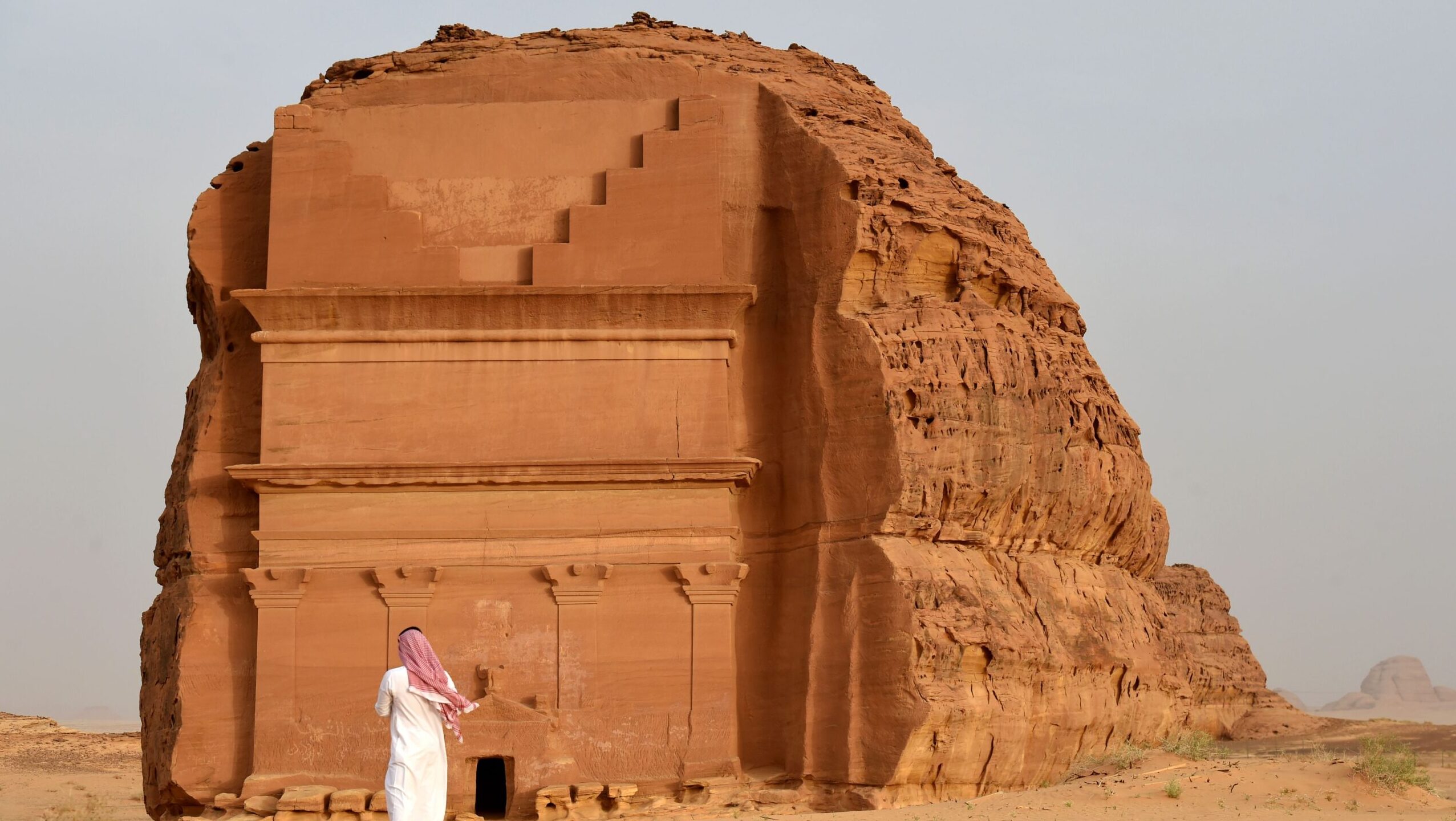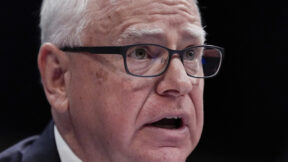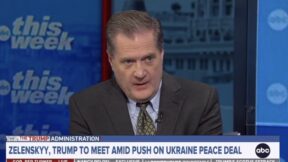Conde Nast Removes Saudi Arabia Sponsored Content From Teen Vogue

Fayez Nureldine/Getty Images
Teen Vogue featured sponsored content from the Saudi Tourism Authority on Tuesday, putting in stark contrast the political bent of Condé Nast’s most socially conscious property with its revenue sources. A source told Mediaite the content was posted in error, and has been removed.
Placed directly beneath a story on the Oprah Winfrey interview of Meghan Markle and Prince Harry, the piece of spon-con was titled “Why Saudi Should Land on Every Culture Lover’s Radar,” and included a clear disclaimer of the Saudi sponsorship.
The post linked to a piece posted on Condé Nast Traveler extolling the benefits of a “cultural pilgrimage through Arabia.”
“This was a travel category campaign, and it ran on Teen Vogue in error,” a person with knowledge of the post told Mediaite. “It was removed early this morning.”
The presence of the sponsored content was jarring, as Teen Vogue has had an increasingly political and feminist voice, one which rose to prominence during the election and administration of former President Donald Trump. While Saudi Arabia has recently implemented some reforms for women, including allowing women to drive, work, and travel without permission from a male relative, it is still repressive in many ways, according to human rights organizations.
Columnist Josh Barro posted a screenshot of the link in a tweet shortly after midnight Tuesday.
Amazing: Currently featured on the Teen Vogue landing page is sponsored content for Saudi Arabia pic.twitter.com/Kr6ZroOveY
— Josh Barro (@jbarro) March 9, 2021
In recent years, Teen Vogue has published stories highlighting ongoing discrimination and repression under the Saudi regime. The online magazine recently named politics reporter Alexi McCammond as editor-in-chief, a signal that it’s not backing away from reporting and commentary on social and political issues.
Saudi Arabia, which has traditionally been closed to travelers other than those for business or religious pilgrimages, implemented a tourist visa program in 2019. The Saudi Tourism Authority has since launched a wide-ranging, sometimes controversial campaign to convince travelers to visit the country.





Comments
↓ Scroll down for comments ↓